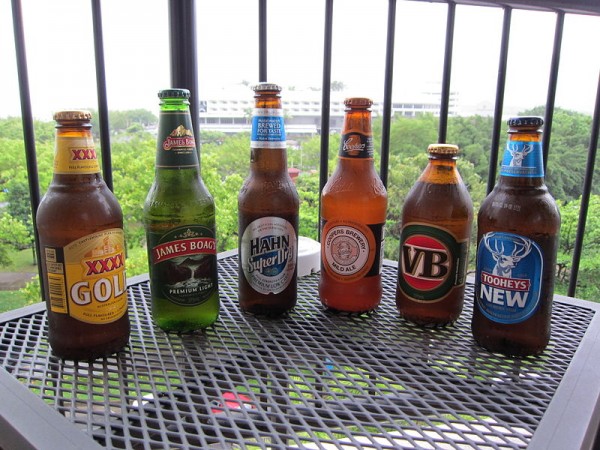
Many studies can tell you the harmful and even long-term effects of teenage drinking. However, there's hardly enough study that focuses on the risk of teens to drinking or alcohol abuse. This then became the focus of two researchers.
Two neuroscientists, John VanMeter of Georgetown University Medical Center and Diana Fishbein of University of Maryland School of Medicine (UMSOM), along with their colleagues, hope to determine any distinct brain activity or structure that may tell someone if a teen is prone to alcohol abuse even before his or her first sip. This way, the teen may be provided with the right program to prevent him or her from getting on to such path.
The research is composed of different brain studies, including the link between impulsivity and abnormal connections of the brain, the link between impulse and the amount of omega-3 fatty acid and sugar the teen has, and the lack of proper connection among important components of a brain network.
More than 130 girls and boys in their preteens or teens participated in the study. The average age was 12.6 years old. Aside from undergoing MRI scans to detect the structure and performance of their brain, they also underwent a series of tests that measure their level of impulse and preference to either immediate or delayed incentive.
According to their results, which shall be formally presented in the upcoming Washington meeting among members of the Society of Neuroscience, an impaired ECN (executive control network) of the brain correlates to drinking while still young as well as the frequency of drinking alcohol. However, the study doesn't' suggests that such impairment develops prior to drinking.
Another study showed the relationship between the connectivity between the insular and prefrontal cortices and level of impulsivity. A less connection between these two regions of the brain means a higher level of impulsivity, a problem that can happen even before alcohol abuse.
They also learned that participants who eat too much sugar in their diet tend to prefer immediate rewards and more active hypothalamus, right insula, and right superior gyrus, sections of the brain that govern rewards, impulse, and emotion.

